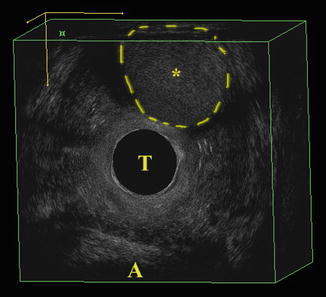

(Ask your doctor for detailed instructions. If you experience urinary urgency, progressively delay the time to when you urinate.
Try urethral milking: To prevent post-void dribbling, gently squeeze the base of the penis after urinating and work your way outward to force urine out of the urethra. Double void: After each time you urinate, try again right away. Take your time when urinating so you empty your bladder as much as possible. When you are out in public, go to the bathroom and try to urinate when you get the chance, even if you don't feel a need right then. Don't hold it in empty your bladder when you first get the urge. Avoid drinking caffeinated or alcoholic beverages after dinner or within two hours of your bedtime.īLADDER HABITS: Change the timing and manner in which you empty your bladder to reduce symptoms or make them less disruptive. Don't drink liquids before driving, traveling, or attending events where finding a bathroom quickly could be difficult. Saw palmetto and other herbal supplements have failed rigorous scientific testing so far.įLUID RESTRICTION: Change how much fluid you drink and when to prevent bothersome bathroom visits. Don't rely on ineffective dietary supplements. If you use medications that could make you urinate more, don't take them right before driving, traveling, attending an event, or going to bed. Antihistamines and decongestants can cause problems for some. Talk to your doctor or pharmacist about prescription or over-the-counter medications that may be contributing to your BPH symptoms. MEDICATION USE: Alter use of medications that could worsen urinary symptoms. Men with mild to moderate symptoms often find that the changes in fluid intake, medication use, and bladder habits listed below can noticeably relieve BPH's bothersome effects. 
Living with BPH: A toolbox for managing urinary symptomsīPH progresses slowly, so most men can decide for themselves if and when they would like to consider medication or surgery. The IPSS test cuts through the subjectivity with this additional question: "If you were to spend the rest of your life with your urinary condition just the way it is now, how would you feel about that?" If the answer is, "I could live with it," then holding off on drug therapy or surgery might be best for you.īut not taking medication or having surgery doesn't mean "do nothing." It should include strategies to lessen symptoms or make them easier to cope with.

Two men can have the same symptom score, and one can tolerate it just fine but the other can't. Above a score of 8 there is actually a spectrum of bother. Typically, men who score 8 and above are more likely to think their condition needs treatment, but it varies from man to man. It's a seven-item questionnaire about typical BPH symptoms that provides a score from 0 to 35. How bothersome is it?ĭoctors use the International Prostate Symptom Score (IPSS) to measure how frequent a man's symptoms are.
#Causes of post void dribbling driver
The question that should drive that decision is this: How much do your symptoms bother you? Whether it is getting in the way of doing the things you want to do should be the primary driver of treatment. This can cause problems like the need for more frequent visits to the bathroom and difficulty fully emptying the bladder.įor some men, the symptoms of BPH don't demand immediate treatment. As the bladder works against the restriction, its muscular walls thicken. The urethra-the tube that conveys urine from the bladder to outside the body-passes right through the prostate, so it doesn't take much prostate growth to make urination difficult. In many men, the prostate gland may begin to grow larger over time.
Strong and sudden urge to urinate, sometimes with involuntary leaking of urine. Frequent urination during the day or night. This approach is broadly available to men who have lower urinary tract symptoms that have been attributed to BPH, but who are not bothered enough to take on the small but finite risks of treatment, such as drugs or surgery. But for men with milder symptoms that don't interfere much with their daily lives, simple changes in behavior can help to take the edge off urinary symptoms. Drug therapy relieves symptoms, and for severe problems, surgery may be considered. Better known as benign prostatic hyperplasia (BPH), this condition can cause bothersome problems like frequent urination at night, difficulty completely emptying the bladder, and the urgent need to urinate at inconvenient times.īPH triggers noticeable problems in a third of men in their 60s and nearly half of those in their 80s. If you are a man over age 50, chances are you know-or will soon-someone taking a medication for an overgrown prostate gland. And you can always switch to medication later. For frequent urination or urgency in men, these methods really work.







 0 kommentar(er)
0 kommentar(er)
